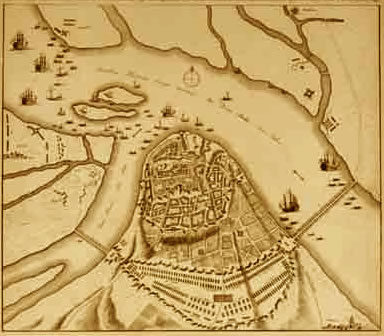The media coverage and military rhetoric through which the NATO bombing of yugoslavia (along with the wars of the 1990s) was framed is not new, but stems from a long tradition of representing the region in ways that are highly charged and far from neutral. The Balkans have long been imagined as a region consisting of dangerous forms of mixture and instability. Historically, they have been depicted as a zone of impurity by the west: as a bridge between the Orient and Europe (due to the 500 years of Turkish Ottoman rule in the region), as a region of racial and ethnic impurity, of monstrous violence. In the west, the Balkans tend to be imagined and perceived through the lens of “balkanism” (see Maria Todorova, Imagining the Balkans), something that is little understood and which continues to strongly affect how the region is filtered through the media today. For example, a 1993 ABC television news report on Yugoslavia's wars was entitled "The Land of the Demons," an image of the monstrous Balkans that was constantly used in western media coverage of the wars. As a response to and internalization of this western form of balkanism, the nationalist efforts at homogenization in the former Yugoslav republics (FYR) over the past ten years have sought to eliminate “impurities” from one of the most ethnically mixed regions of this part of the world. The ethnic violence, expulsions, and displacements of the wars of the FYR have also been done in the name of eliminating “impurities” from a given territory, often making women into the sexual targets of nationalism as the ‘reproducers’ of such ‘impurities’ (Maja Korac, Linking Arms: Women and war in post-Yugoslav States). Many incidents of nationalist violence that preceded full-scale militarized conflicts began with the targetting of people of mixed ethnicities. In the wake of the NATO bombing of the region, we have also seen a revival of the notion that the Balkans pose a threat that could taint Europe with its impurities and violent instability, and that what is necessary is to “de-balkanize” (to quote Bill Clinton) and purify them before they might be allowed to (re?)enter Europe. In terms of the west’s response, neoliberal economic policies, media and military technologies are being used more than ever as a way to both violently contain and distance the contaminating effects of such monstrous, ghostly presences from faraway yet proximate lands.
|
||||||||||||||||||||||||||||||||||||||||
|


